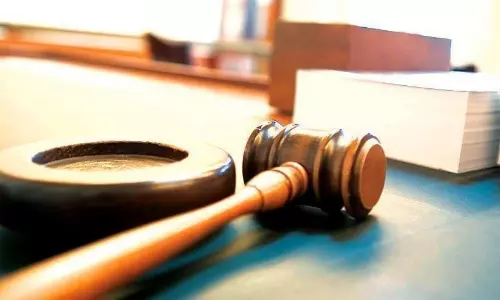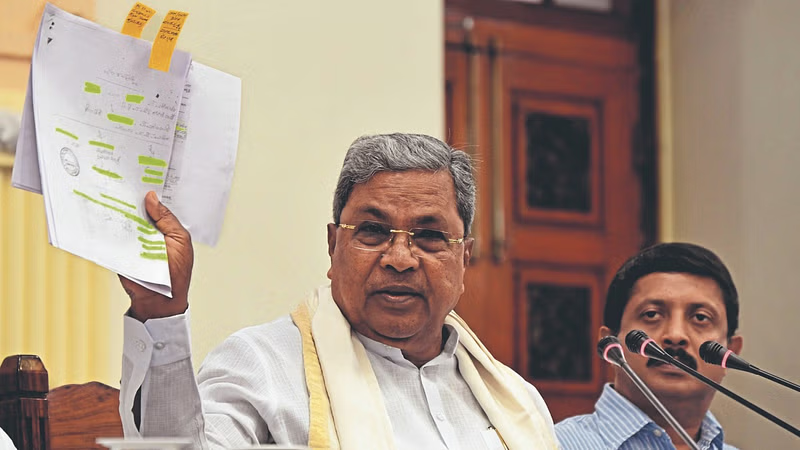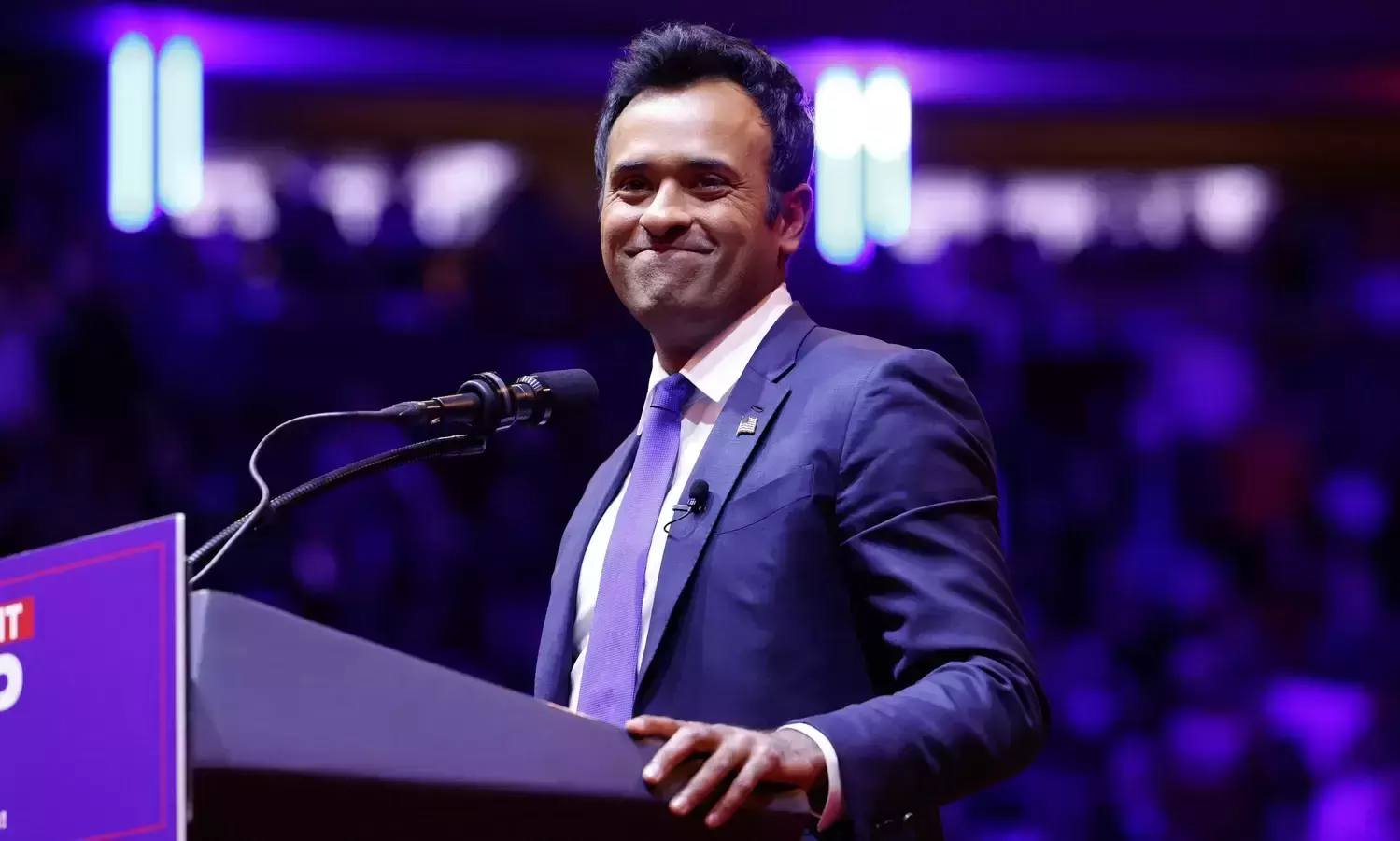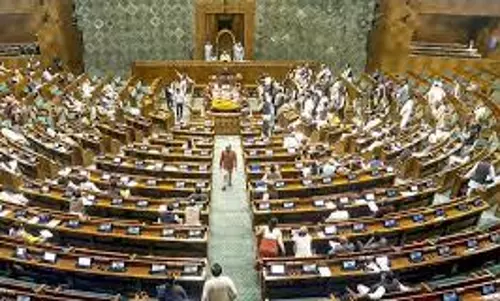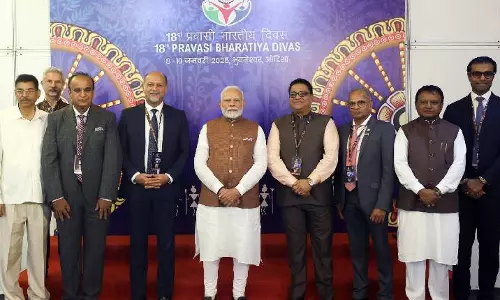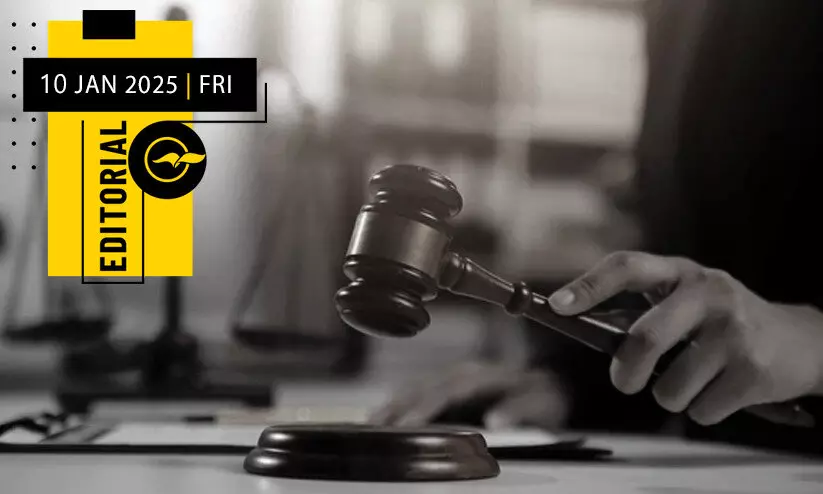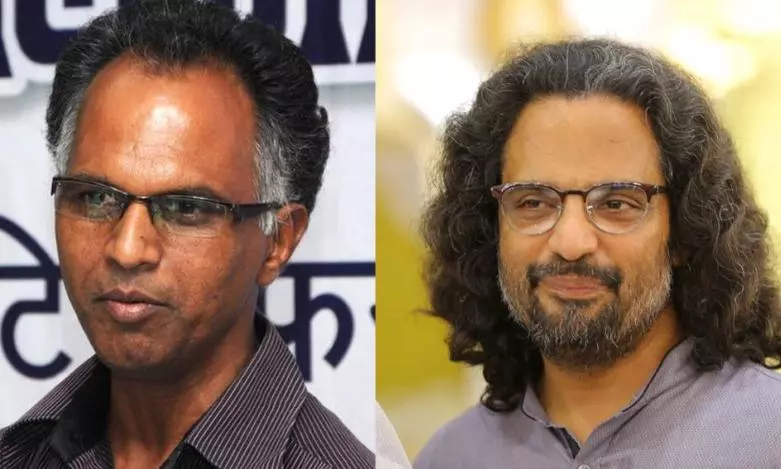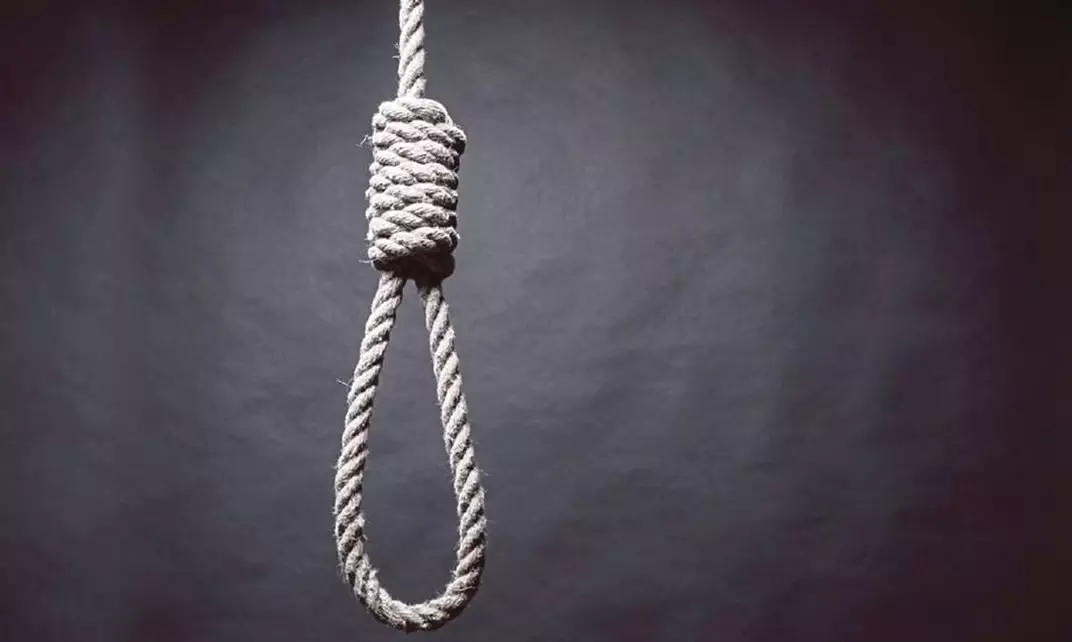
Who will give back their lost years?
text_fieldsThe Supreme Court has righted a serious error. It has accepted the wrongdoing of sentencing a man to death and rejecting his appeal and has ordered his release. The young man had to live in prison for 25 years before the court could correct the error. A trial court had sentenced a native of Uttarakhand to death for the 1994 murder of an army officer and two members of his family in Dehradun. Neither the High Court nor the Supreme Court heard the defendant's plea that he was a minor at the time of the incident. The appeals were rejected one after the other. Even the mercy petition submitted before the Governor of Uttarakhand on his deathbed was not accepted. Finally, in 2012, during the last days of her presidency, Pratibha Patil commuted his death sentence to life imprisonment with the condition that he should not be released until the age of sixty. That is the only reason why he stayed on earth and was able to see his mother's fight against the injustice of the court succeed.
The bench of Justices MM Sundresh and Aravind Kumar confessed to the injustice in the verdict ordering his release. An open acceptance that injustice has been inflicted by the courts and documents were ignored. If the accused and his mother had not tried to find the last drop of hope, and if Pratibha Patil had been indifferent and this plea would have reached the hands of the successor who was in the habit of rejecting mercy pleas, then we wouldn't have been able to hear the Supreme Court's correction. The case has further strengthened the arguments against the death penalty. The court said that the defendant's argument that he was a minor was not heard, and the results of the bone ossification test conducted by the court were in his favour. The theory that more than 90 per cent of those sentenced to death in the country belong to backward and vulnerable communities rang true in this case as well. The accused was the gardener at the house of the murdered official. The notorious Indian tradition of targeting the lower class at the first sign of suspicion when a crime is committed in a house or establishment may have also fueled the enthusiasm of officials during the investigative phase of this case. This is a country where judges have chosen to impose the death penalty to satisfy the collective conscience of the country, even if it has not been proven beyond a reasonable doubt. The court expressed its condolences for the loss of years. The words should not be taken for granted. He is not the first person to lose youth and years of wealth due to the judiciary’s prejudice, negligence, and spelling mistakes, and the situation in India is not such that we can hope it will be the last.
We are faced with the plight of innocent people who have been imprisoned for decades in trumped-up cases of terrorism and terror attacks, subjected to media trials and the curses of the country, and whose lives have been ruined by the hardships they endured. As long as there is no mechanism to give them justice from the sadistic officials and judiciary who have unjustly taken away the fundamental right to live with dignity that the Indian Constitution promises, these lists will continue to grow. Along with this, look at the news that the Bombay High Court granted bail to two human rights activists accused in the infamous Bhima Koregaon case yesterday. Malayali Rona Wilson and Maharashtra-based social activist Sudhir Dhawale have been granted bail after spending nearly six and a half years in jail. The courts have not found them guilty of any crime. The case was registered in 2018 but the charges have not yet been framed. Several civil rights activists, academics and trade union leaders, including Dr. Hani Babu, a Malayali, are facing similar 'punishment' in this and other fabricated cases. When people who have made significant contributions to society through their knowledge and generosity are unjustly imprisoned, it is not only those individuals but also the nation that is precious years. Who will compensate for that, atone for it?





